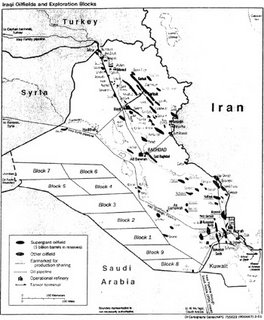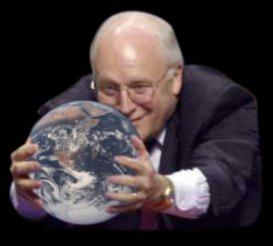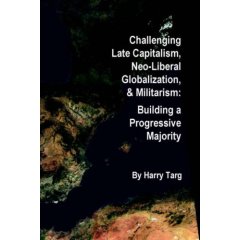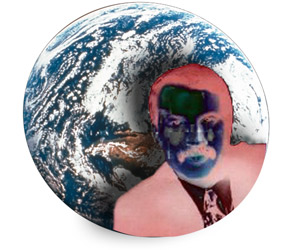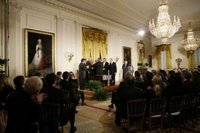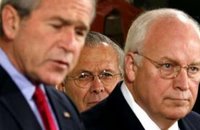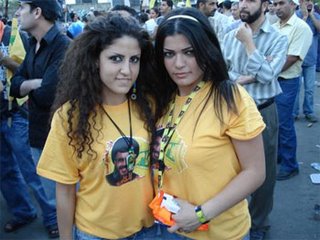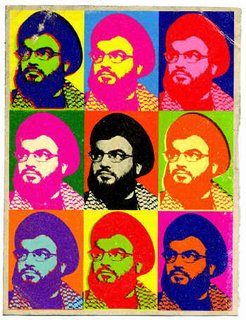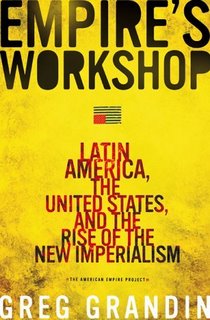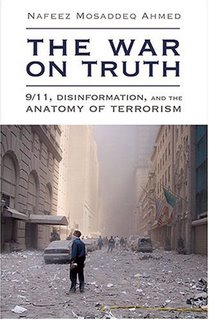
Instruments of Statecraft: U.S. Guerilla Warfare, Counterinsurgency, and Counterterrorism, 1940-1990 was published in 1992 by Pantheon Books, a division of Random House, Inc.
Informed by recently declassified and previously unpublished documents, Instruments of Statecraft is an authoritative study of American covert, unconventional warfare waged against ideological adversaries, from the Truman administration up to the recent war in the Persian Gulf.
Since World War II, assassination, sabotage, kidnaping, torture, the overthrow of foreign governments, and other terroristic activities have been intrinsic to our national defense policy. These have been justified time and again as necessary to combat communist insurgency and, more recently, terrorism-as the only effective response to the barbarism ascribed to, or projected onto, our enemies- be they Sandinistas or the PLO.
So it is that America has maintained forces -including the OSS, the CIA, the Green Berets, and the Delta Force-that have specialized in dirty warfare with impunity, in Nicaragua, Lebanon, Laos, Vietnam, the Philippines, Afghanistan, Guatemala, Africa, Cuba, Central America, and Greece, among other places.
Michael McClintock gives a fascinating and alarming expose of the dark side of American foreign policy, while examining its tactical roots-from the pronouncements of Clausewitz and Raymond Aron, to its ideological basis in the Monroe Doctrine, Theodore Roosevelt's "Big Stick" foreign policy, and Woodrow Wilson's post-colonialist crusade.
Michael McClintock was born in Ohio and holds a bachelor's degree from Ohio University and a master's degree in political science from the University of Wisconsin. He has been a human rights monitor for the past sixteen years, traveling extensively throughout all of Central America, as well as in Bolivia, Venezuela, Brazil, Thailand, and the Philippines. He is the author of The American Connection, a study of U.S. covert activities in Latin America.

